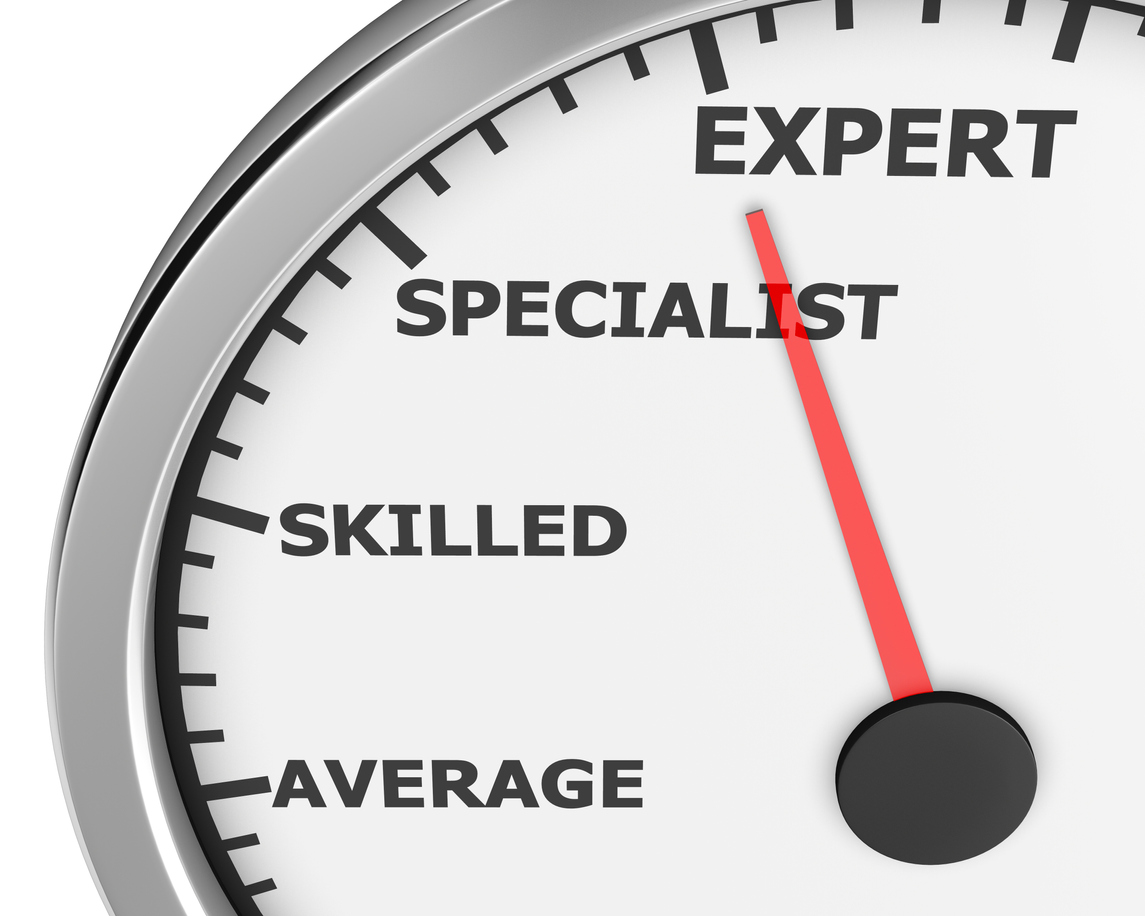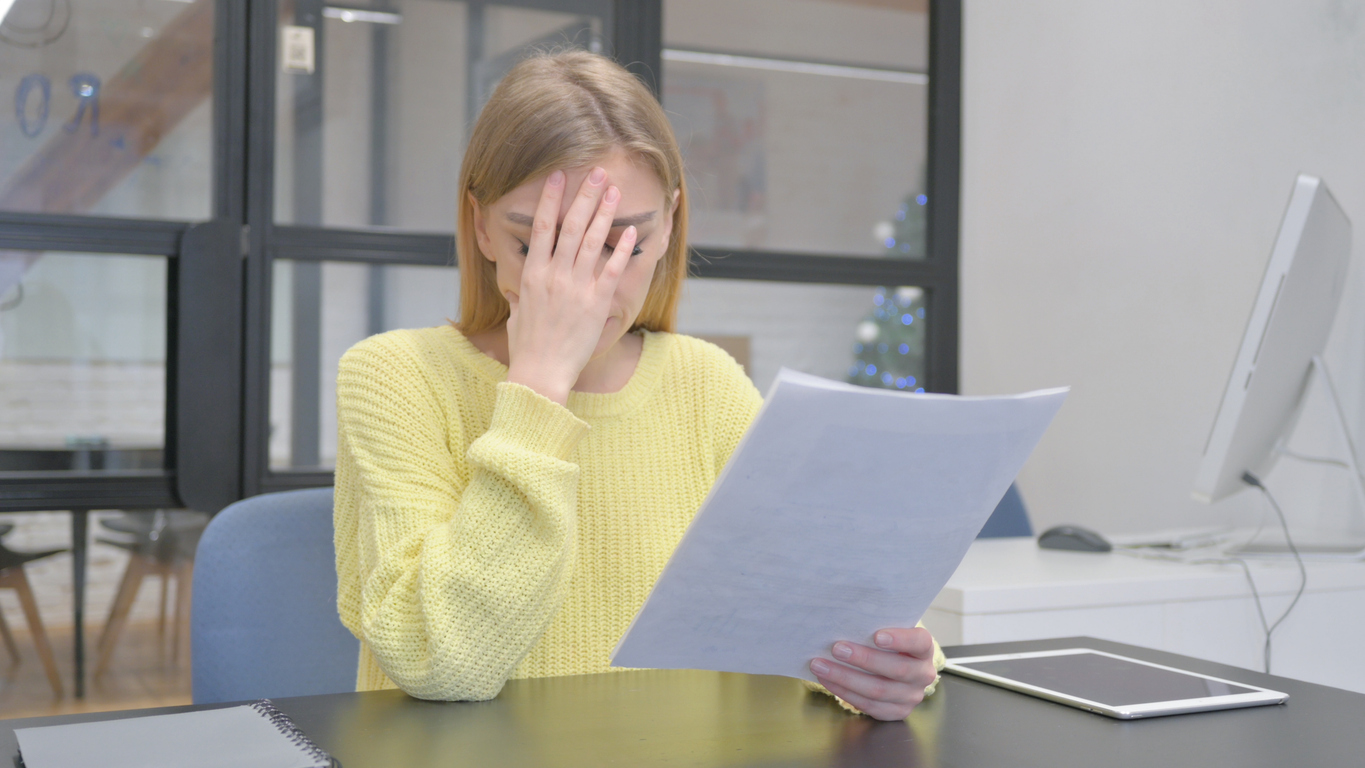Expert Witnesses are important. In order to obtain a favorable verdict, policyholder lawyers must be able to perform exhaustive pre-trial preparation while also being able to effectively present evidence at trial, including expert-opinion evidence.
In establishing damages and liability under the policy, expert-witness testimony before a jury is one of the most important tools. An entire case theory can ride on the back of successful expert witness testimony, which is why policyholder lawyers should begin to consult with experts from the very beginning of a case. It cannot be overstated that winning or losing a property case often depends on the credibility and admissibility of the expert testimony. This is because without expert testimony, many property insurance cases cannot be proven.
Courts have held, when a matter is beyond the common knowledge of an average person, an expert witness opinion will be required to testify on the essential issue of causation.1 Policyholders who fail to present competent expert testimony on the issue often fail to prove their case which may ultimately lead to dismissal.2
To maximize the impact of an expert witness, it is important to select experts who have jury appeal – meaning an ability to ‘connect’ with a jury by breaking down complex concepts into digestible pieces of information that makes it easy for the jury to understand. As Richard Friedman and Patrick Malone said in their book, “to win cases, you must defeat complexity, confusion, and ambiguity, or they will defeat you.”3 The goal is to present to the jury the most simple and understandable expression of the principle you are trying to convey.
Effective presentation of expert witness testimony truly begins at the moment an attorney vets the expert’s credentials. Therefore, it is important to review all the materials in the expert’s file and discuss all matters concerning their opinions and the basis of the opinion before deposition to solidify a strong foundation for trial.
The ultimate objective of the expert witness is to ‘teach’ the jury, in everyday language, the reasons why each of their opinions and methodologies are based upon sufficient facts or data relating to the case.4 Jurors are often skeptical of the “battle of the experts.” However, jurors also truly appreciate hearing the testimony of a highly educated and well-informed witness who can credibly explain to them the complicated or technical aspects of the case. Clarity is key. Therefore, experts must be able to “teach” their findings in a way that is commonly understood by all jurors and also in a manner that projects knowledge, confidence, trustworthiness and likability. Cases have been lost based on an expert’s inability to effectively communicate their opinions and methodologies to the jury. Communication can help you rise to success or it can lead to your downfall, not just for the average person, but also for an expert witness.
Thought for The Day: “Success is where preparation and opportunity meet.” – Bobby Unser
__________________________________________
1 Garbell v. Conejo Hardwoods, Inc. (2011) 193 Cal.App.4th 1563, 1569-1570.
2 Stephen v. Ford Motor Company, (2005) 134 Cal.App.4th 1363, 1373-1374; Gotshall v. Daley, (2002) 96 Cal.App.4th 479, 484.
3 Rules of the Road, A Plaintiff Lawyer’s Guide to Proving Liability, Richard Friedman & Patrick Malone.
4 Daubert v. Merrell Dow Pharmaceuticals Inc., 509 U.S. 579 (1993).




